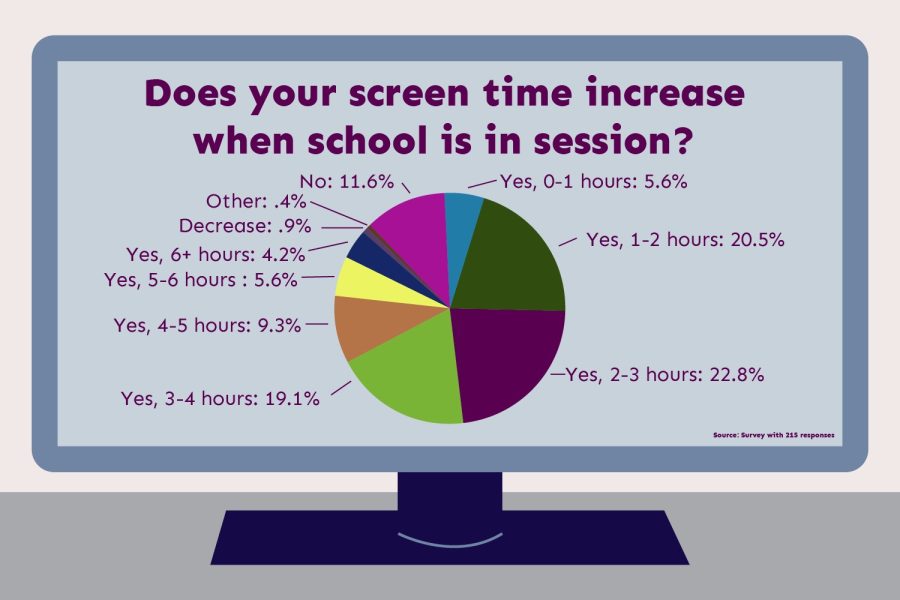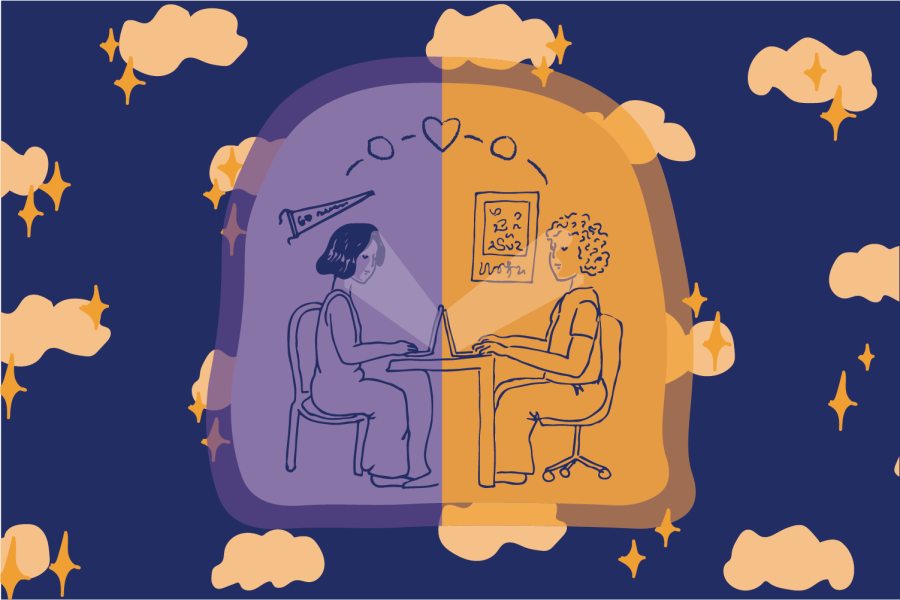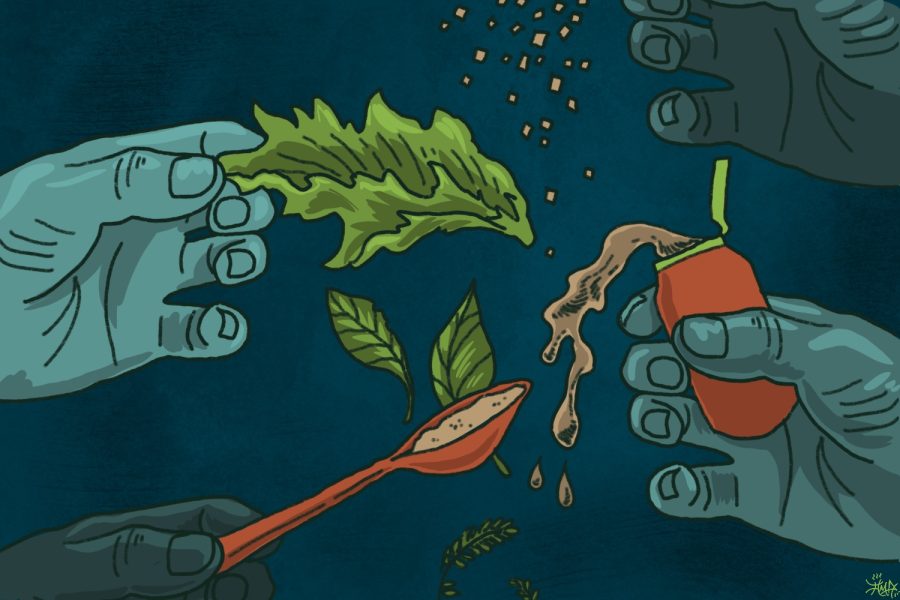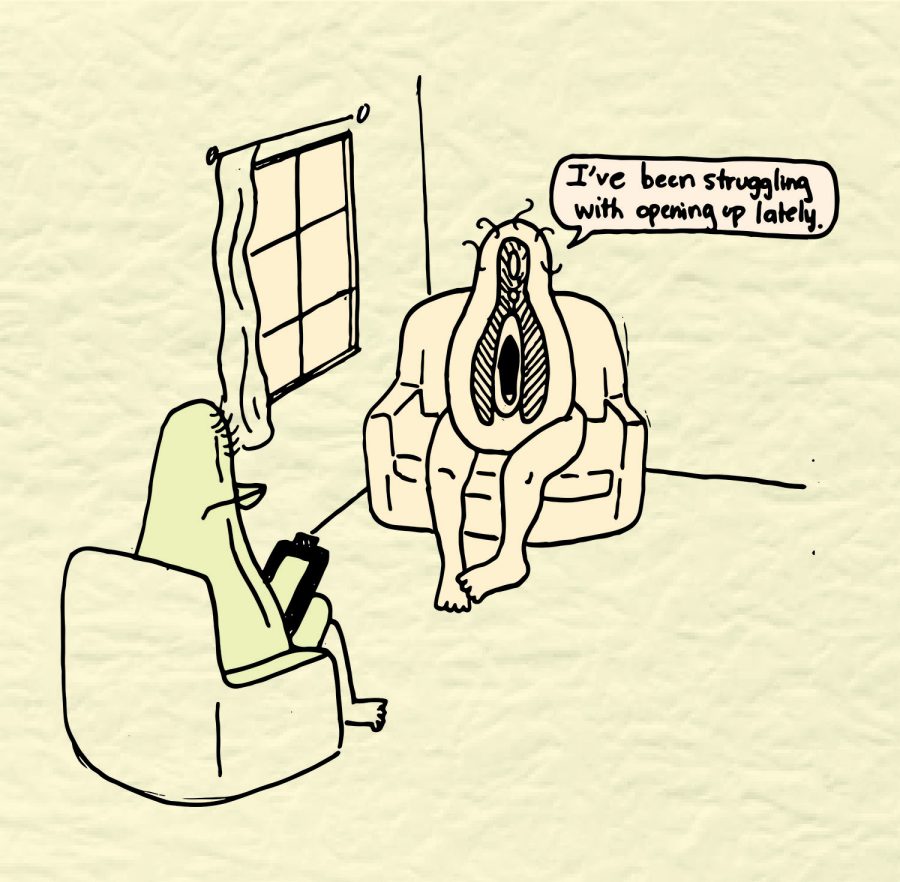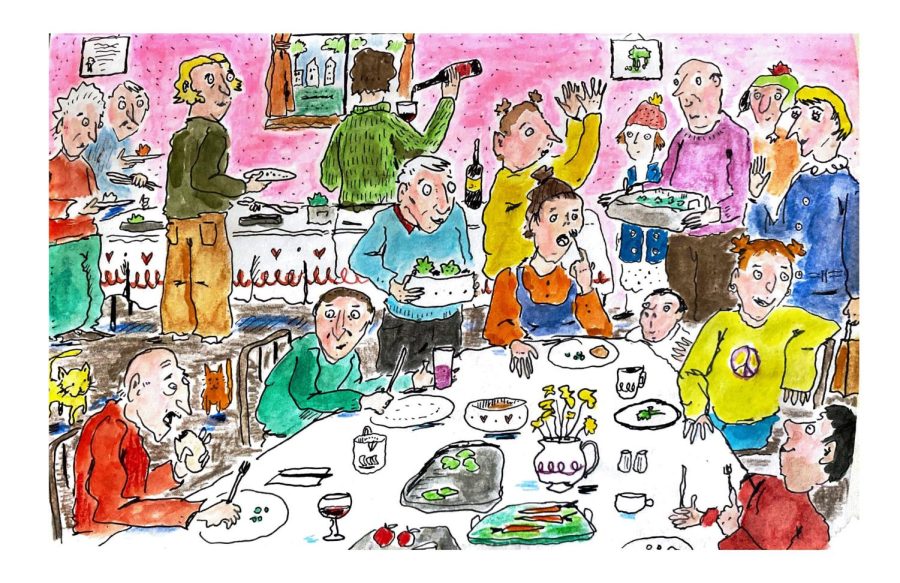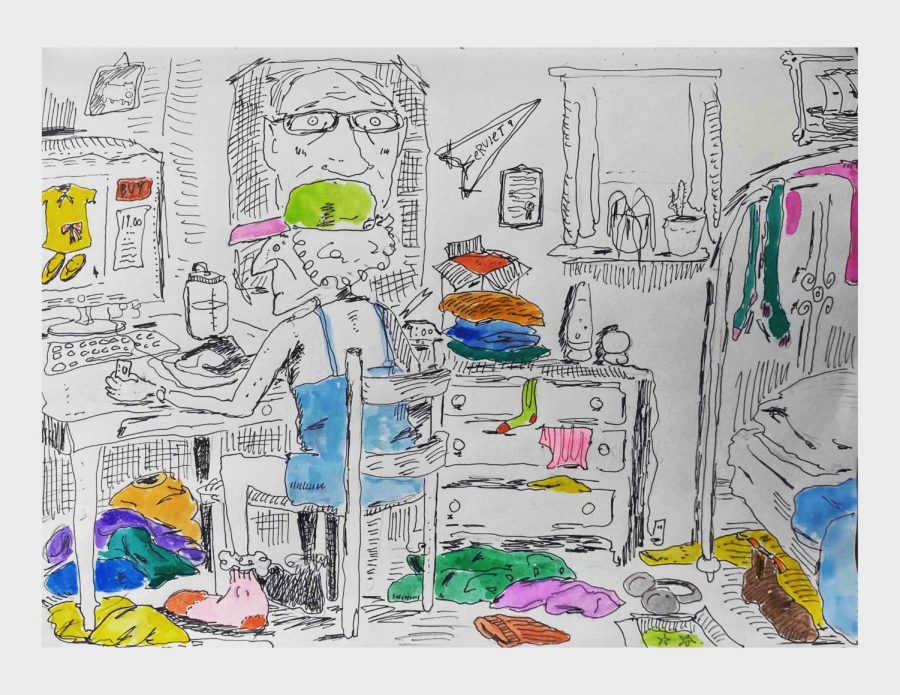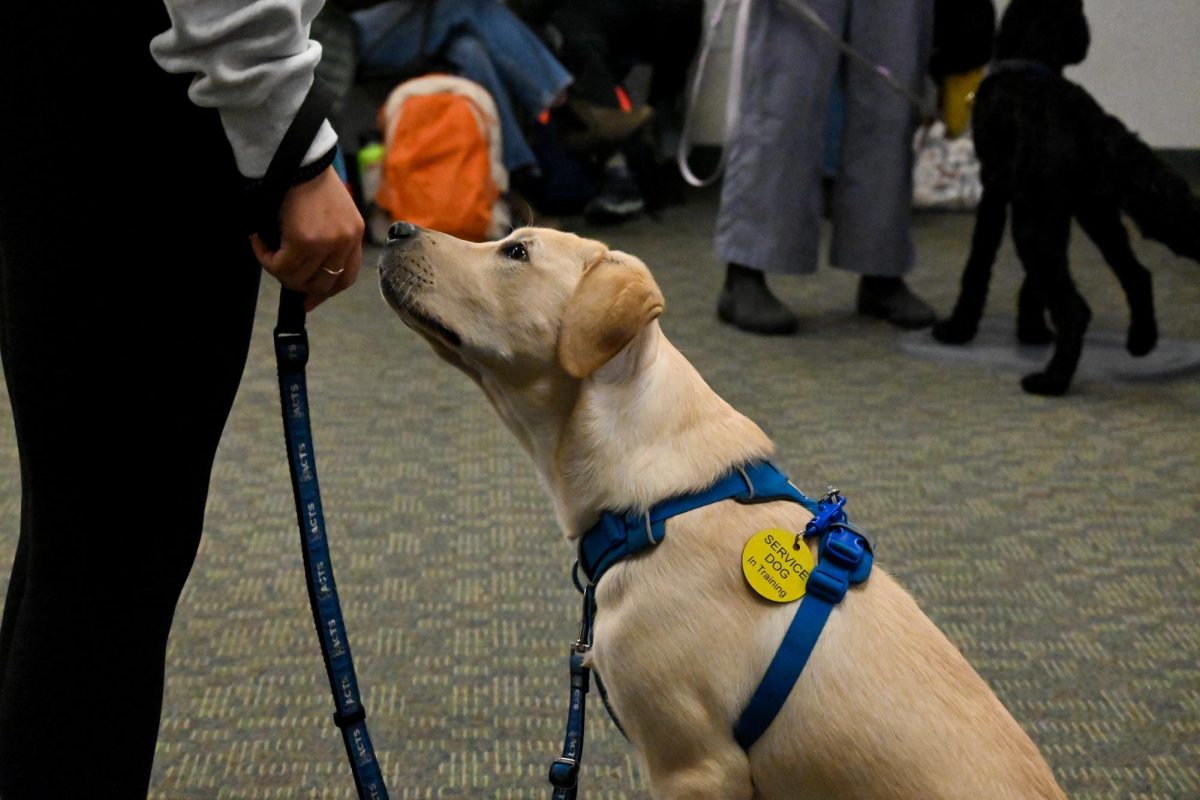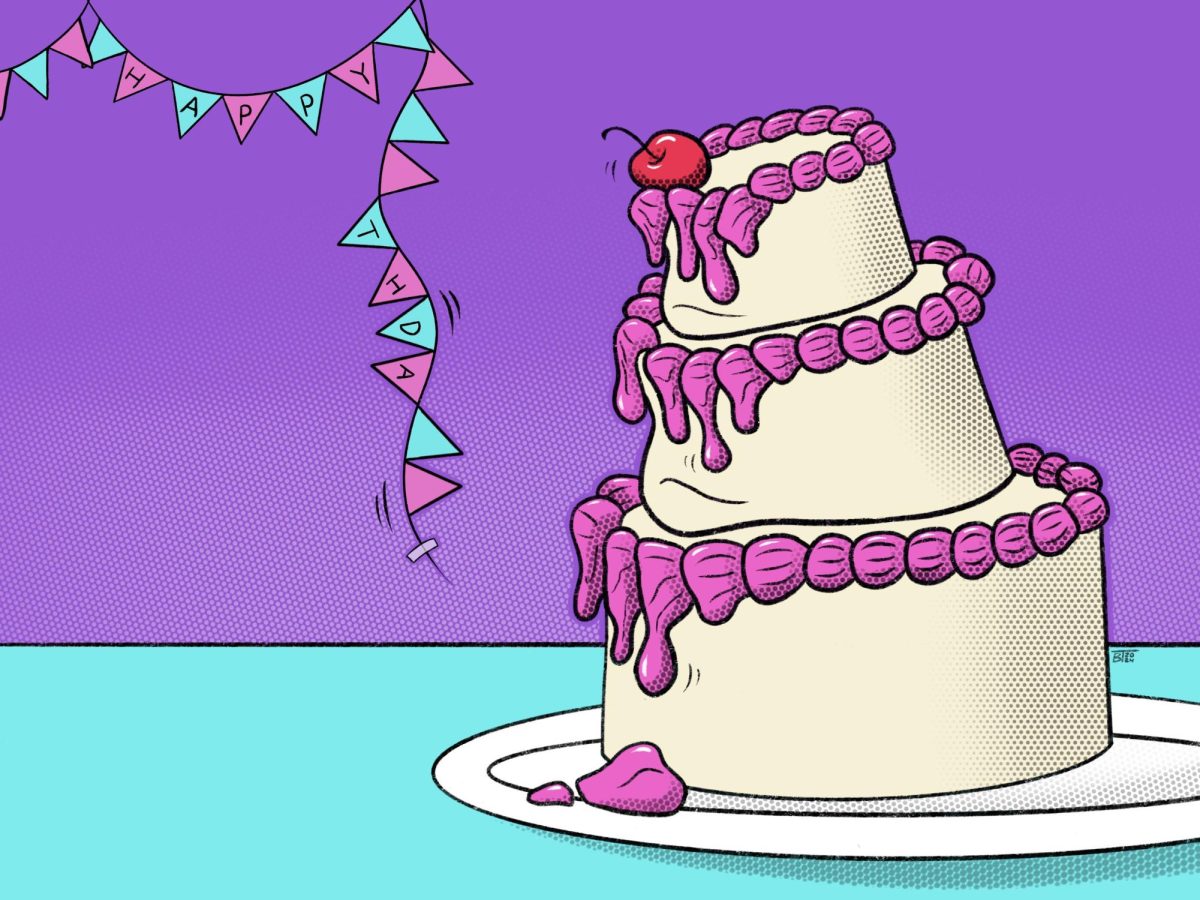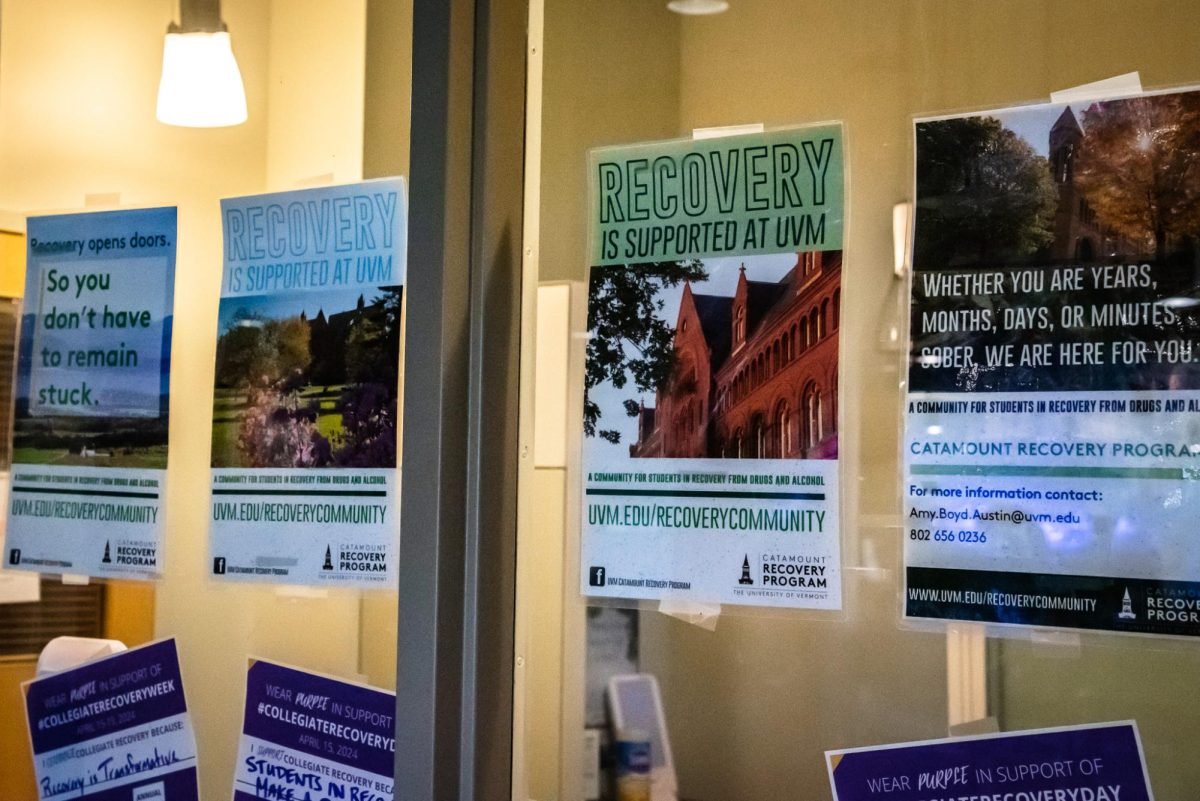Stand-up comedian Chelsea Peretti has a sketch in which she tells the audience that she has found a new method for people who don’t like being “touchy” to handle “huggers” at parties. She suggests that when someone approaches you with wide-open arms, going in for the hug, grab their hands and start jumping up and down excitedly to avoid the embrace.
Though talented and beautiful, Peretti, in this instance, is incorrect.
Social contact is vital for general health.
The effect of touch has been studied extensively and the positive impact it has on others may shock you. “We live in a ‘touch-phobic’ society,” said Matthew Hertenstein, a DePauw University psychologist. “Most of us, whatever our relationship status, need more human contact than we’re getting.”
According to New York Times writer Benedict Carey, an encouraging touch from a teacher on the back is correlated with students that are twice as likely to volunteer in class.
Touch is also associated with patients who believed that their doctors appointment lasted longer than it actually did when accompanied with a compassionate touch.
It doesn’t have to be overly intimate. A simple handshake, a pat on the back or hug can have a significant impact on your overall wellbeing.
A kind touch can set off the release of oxytocin, the hormone that not only reduces cortisol but also helps to create a feeling of closeness and trust. Oxytocin also has other countless benefits including better sleep, reduction of tension and pain, reduced irritability and even higher chances of orgasm.
Studies have found that even insignificant touches yield bigger tips for waitresses and that strangers are more likely to help someone if a gentle touch accompanies that request, said Laura Guerrero, coauthor of “Close Encounters: Communication in Relationships.”
Touch reminds us that we are human.
It communicates a deeper meaning, says what words of- ten cannot and reminds us that deep down we are social creatures begging for a meaningful connection. “I feel like when I get super excited about someone or something I want to hug whoever I’m with,” sophomore Sarah Heft said.
“People make everything so inherently sexual though. I get it, if you don’t want to be touched, but sometimes you just need a hug you know,” Heft said.
There are times when what we feel simply cannot be expressed in words.
The extremes of any emotion are often best conveyed with the language of touch.
There is no better way to show true support for someone than with a warm embrace, rather than filling the heavy air with filler words and fluff. In a study conducted by Michael Kraus, a psychologist at the University of Illinois at Urbana-Champaign, statistics showed that the more on-court contact between teammates there was in NBA games, the more successful the team was at the end of the season.
“Touch strengthens relationships and is a marker of closeness,” Kraus said.
Kraus believes that adding touch can likely improve performance across the board, from basketball teams to surgeons.
Even minimal contact with a stranger or acquaintance can improve the quality of experience.
In a 1976 research study, library clerks returned library cards to students and either briefly touched the student’s hand, or did not.
Student interviews stated that students who had been touched on the hand, thought of the clerk in a more positive way and had an altogether better library experience than those who the librarian did not touch. The effect was still relevant even when students reported that they had not taken note of the touch.
“We think that humans build relationships precisely to distribute problem solving across brains,” said James A. Coan, a psychologist at the University of Virginia.
“We are wired to literally share the processing load, and this is the signal we’re getting when we receive support through touch,” Coan said.


